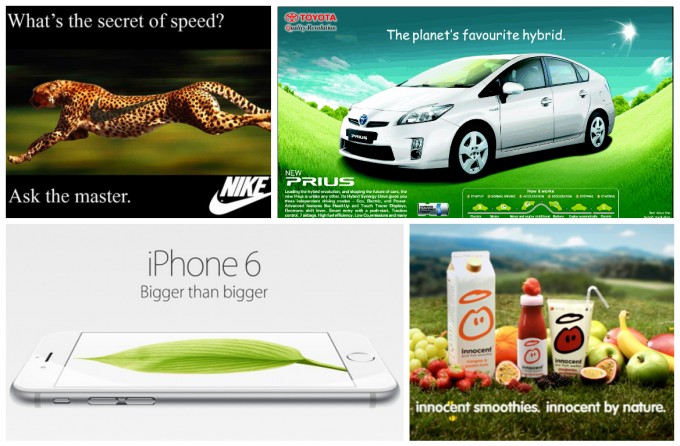1) How do supermarkets/salespeople/advertisements persuade people to spend money?
2) Have you ever bought something because you saw an advert, or bought something from a supermarket you didn't plan to buy? Why?
1) Good salespeople can sell ____, to ____, at ____ .
2) Most salespeople will get to know their client by asking questions about ____, ____ and ____ .
3) Salespeople may try to 'mirror' the ____ of a buyer.

1. Why is it people's duty to consume?
a)because without consumption they can die.
b)because the system will collapse if people don’t consume.
c) Because there’s a law
2. Why is the good consumer working hard?
a) to earn money to be able to consume more and more
b) to feel themselves happy.
c) to be productive and to help their company earn a lot of money
3. What is the golden rule of consumption?
a) Spend half of your salary and save the rest
b) At first buy only necessary things and then you can buy what you want.
c) Concentrate on what you want to buy as opposed to the things that you really need
4. Who is setting the fashion of tomorrow?
a) designers
b) celebrities
c) models
5. What are the habits of the good consumer?
a) buy something every day
b) never tell other people what you have
c) never share your things
6. Why is consumption good for the environment?
a) the more you consume the more you recycle
b) the more you consume the less you waste
c) consumption is bad for the environment
7. What do the good consumers do at the first sign of depression?
a) they go shopping
b) they visit a doctor
c) They go clubbing
1) What is your attitude to this video? Do you agree with it?
2) How often do you go shopping and upgrade your possessions?
3) Do you follow fashion? Is it important for you how you look?